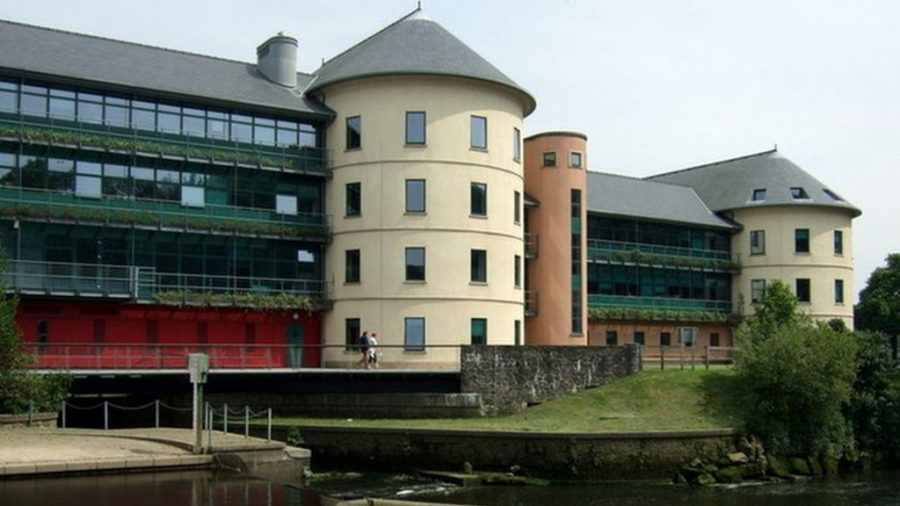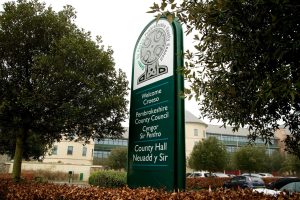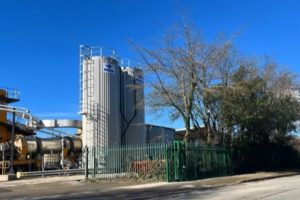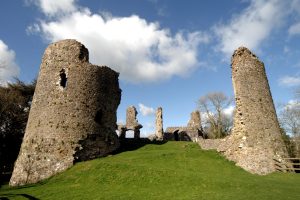PEMBROKESHIRE COUNTY COUNCIL are not considering a council tax rebate for second home owners who have been hit by the Covid-19 Pandemic it was revealed on Thursday, May 13.
During that day’s council meeting, Mr Dave Hinns asked if the council still considered it ‘fair’ to charge the second home premium given that many were restricted access to those homes because of the travel restrictions that had been put in place.
There are currently 4072 homes classed as second homes in Pembrokeshire but Mr Hinns, in his submission, said it was ‘entirely unfair’ that the council had applied the additional premium while access had been denied for a ‘significant part of the last financial year’.
Mr Hinns said he bought a second home in 2018 and wanted to make his Pembrokeshire home his primary residence but hasn’t been able to do so because of travel restrictions put in place because of the pandemic.
In his questions, Mr Hinns disclosed that he spent the last year working abroad.
Councillor Bob Kilmister, the Cabinet member for Finance, said that they would not be considering a rebate as the varying or revoking of a decision would have to have been done at the start of the financial year and could not be done part-way through.
Bob Kilmister added that even if the Council could offer a rebate, it would not.
He said that the purpose of the premium was to ‘help increase the supply of affordable homes’ and that the covid-19 pandemic had not changed that.
Money from the second home council tax is being used to fund projects across Pembrokeshire and Cllr Kilmister said these would not be possible without the premium.
A proposed increase in the premium on second homes is due to go out to consultation with second home owners and Cllr Kilmister added that it would most likely be considered again in October.
Mr Hinns’ second question asked the council to assure owners that the premium wasn’t a ‘revenue-raising exercise’.
Cllr Kilmister said that the revenue being raised from the second home council tax premium was ring-fenced for affordable housing and community projects.
Cllr. Kilmister confirmed that the premium is not a ‘revenue-raising exercise’.
There is a sharp distinction between second homes, occupied by the owners for part of the year and homes bought for investment to be let as holiday homes.
Many holiday homes are registered as businesses. Their owners pay non-domestic rates; however, the Council gets the domestic Council Tax equivalent back from the Welsh Government in lieu of Council Tax receipts for the property based upon the average property valuation.
When Pembrokeshire made its initial assessment of how many second homes and holiday homes, the last administration underestimated the number of the latter.
At a Cabinet meeting earlier in May, the Cabinet Member for Housing, Cllr Michelle Bateman, said: “It’s fair to say that in Pembrokeshire we have a housing crisis.
“There’s a decrease in affordable housing, as shown by an increase of 1,000 on our housing register. Second homes play a part in this issue and not only in communities with a high proportion of second homes in them.
“The lack of affordable housing affects not only our residents, but it also affects those who want to move here to work.”
Cllr Bateman clarified: “I wouldn’t want anyone to think this was down to tourism. We welcome tourists to Pembrokeshire, and it is an important part of our local economy.
“Housing affects all elements of our wider strategies to tackle poverty, health, and social care. There are limitations on how we spend extra money, but I will make a large bid that extra money raised should go to housing.”
Pembrokeshire County Council is committed to building new homes at a major development at Brynhir in Tenby, the former primary school site in Johnston, and the reconstruction of Tudor Court in Tiers Cross, between Milford Haven and Haverfordwest. It has also devoted support and resources to support the construction of eighteen new homes in Solva in partnership with a Community Land Trust.
The money raised from the Council Tax Premium combined with spending power through the Housing Revenue Account has allowed those projects’ funding.



















Add Comment